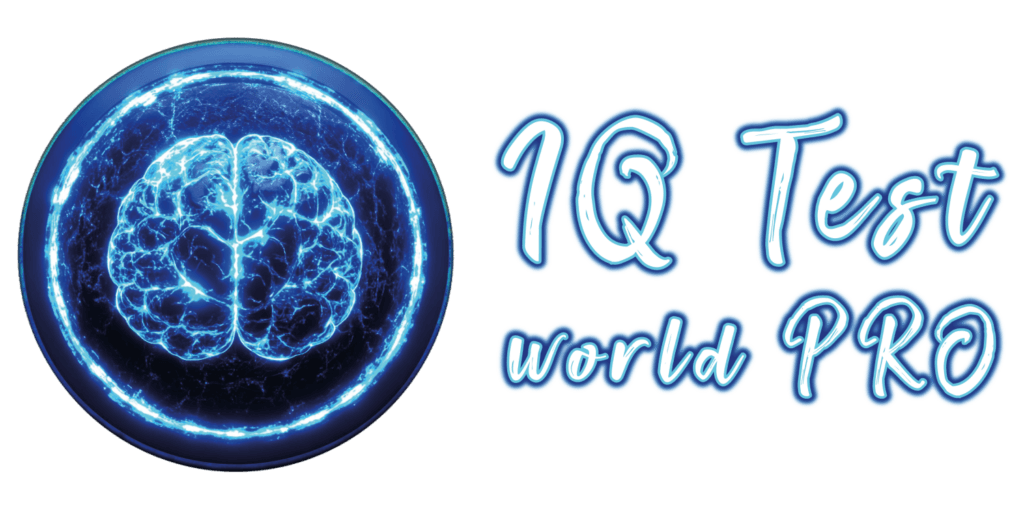IQ testing in today’s world: does IQ Testing Have a Place in Modern Society?
IQ testing has been a cornerstone of psychological assessment for over a century. Once used to predict academic success and workforce potential, these tests have sparked debates about their accuracy, relevance, and ethics. In a society that increasingly values emotional intelligence, creativity, and diverse skill sets, does IQ testing still hold importance? Let’s explore the evolving role of IQ testing in modern society.

A Brief History of IQ Testing
The origins of IQ testing can be traced to early 20th-century France when Alfred Binet developed a test to identify children needing extra academic support. Over time, IQ tests evolved into standardized assessments measuring cognitive abilities across populations. While they gained widespread use in education and employment, critics have long questioned their fairness and scope.
The Pros of IQ Testing in Modern Society
IQ tests are not without merit. Here are some of the advantages that explain their continued use:
- Identifying Cognitive Strengths and Weaknesses:
IQ tests can provide insights into areas where individuals excel or need additional support, aiding in personalized education plans. - Applications in Research:
Psychologists and neuroscientists use IQ tests to study cognition, brain development, and the impact of various conditions on mental functioning. - Objective Benchmarking:
In some settings, IQ tests offer a standardized way to assess intellectual potential, especially for programs aimed at gifted students or for diagnosing learning disabilities.
The Limitations and Criticisms of IQ Testing
While IQ testing has its uses, it is not without flaws. Critics argue:
- Cultural and Socioeconomic Bias:
Traditional IQ tests may favor individuals from certain cultural or linguistic backgrounds, disadvantaging others. - Narrow Scope:
IQ tests primarily assess logical reasoning and verbal skills, often ignoring creativity, emotional intelligence, and practical problem-solving. - Overemphasis on Scores:
Relying heavily on IQ scores can pigeonhole individuals and overlook other vital talents or potential.
As society becomes more diverse and values holistic perspectives, these limitations are becoming increasingly apparent.
Evolving Perspectives on Intelligence
The 21st century has ushered in new ways of understanding intelligence. Emotional intelligence (EQ), social intelligence, and creativity are gaining recognition as essential contributors to personal and professional success.
Rather than replacing IQ tests, these new approaches complement them, offering a more comprehensive view of human capability. For instance, a high EQ can significantly enhance teamwork and leadership, areas not captured by IQ alone.
Should IQ Testing Be Phased Out or Improved?
The question is not whether IQ testing should be abolished but rather how it can be adapted to meet modern needs. A more inclusive approach could integrate assessments for emotional intelligence, creativity, and problem-solving skills to paint a fuller picture of an individual’s abilities.
Policymakers, educators, and psychologists must work together to ensure that intelligence assessments evolve alongside societal values.

Conclusion
In modern society, IQ testing remains a useful tool but should not be the sole measure of intelligence or potential. As our understanding of human capabilities broadens, assessments must adapt to reflect the rich tapestry of skills and traits that define success. The true value of IQ tests lies in their integration with other measures to foster a more inclusive and holistic view of intelligence.
IQ testing has evolved\u2014have you tested your intelligence yet? Take our cutting-edge IQ test and see how you measure up in today’s world.


